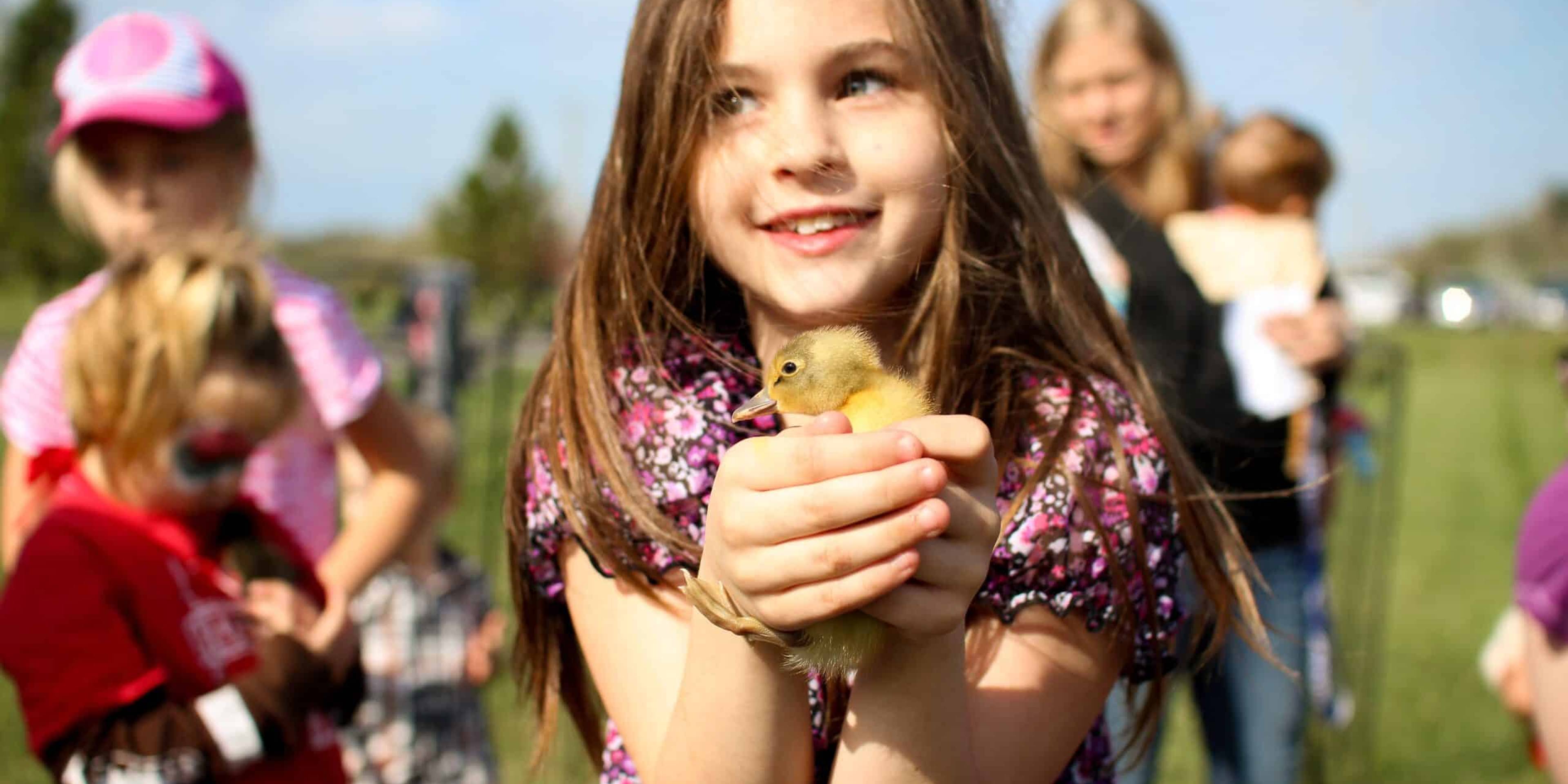June 03, 2020
What Animals Teach Us
By Dr Kathy Weston

Reflect
Right at the start of lockdown, somewhat reluctantly on my part, the family acquired three chickens. It was at the request of my youngest, who made promises to clean out the coop on a daily basis and to gradually reimburse his dad and me for associated outgoings.
Keen to distract our children from the ensuing news that school attendance was coming to an abrupt end, we acquiesced and made preparatory plans for our first time as poultry parents. After two months of residence, chez Weston, Chook, Duffy and Geoff have become part of the family. My husband’s early retort, “they are only chickens”, has morphed into an affectionate recognition that they are more than feathers and eggs.
They have personalities, tastes, preferences and are capable of generating a great deal of joy. Caring for them has given my youngest a sense of agency and responsibility, but the impact of our feathered friends on family mood, mental health, learning and wellbeing has also been undeniable.
Motivate
The research on the benefits of animals to human mental health is unequivocal.
The mental acuity required to care for another creature, the impact of stroking an animal on heart rate and mood, the companionship that they provide, along with the need to exercise a pet and the social interaction that this attracts, have all been found to reduce loneliness, anxiety and stress.
The growth in popularity of mental health dogs in schools is testament to the particular power of animals in learning contexts. Animals can be great listeners, when others may judge, and great play companions, where exclusion feels like the norm. It has been apparent for some time that some children with special educational needs can benefit hugely from positive attachments to animals.
It remains a source of interest in the world of psychology, why many children who can find social attachments difficult, enjoy meaningful, strong attachments to the pets in their lives.
Support
Aside from boosting our family’s wellbeing, our chickens have proved how animal ownership can open up children’s thinking. To date, family conversations have been triggered on issues relating to ethics, philosophy, biology and the sociology of punishment.
How does the eggshell form? Do chickens have feelings? Is it ever right to do experiments on animals to aid science? Is it wrong to keep battery hens? What should happen to people who hurt animals? What would be an appropriate and proportionate punishment?
My boys’ practical skills are flowering too. On discovering that eggs happen to be in demand, my youngest’s entrepreneurial spirit has been awakened and the “Egg-Eater” empire born. Quick-fire lessons in economics became urgent, as early demand outweighed supply. Receiving phone calls from keen customers has honed his social skills. Writing down orders, with a phone in one hand, has helped him learn to multi-task. Calculating monies owed has boosted his mental maths.
The chickens provide opportunities to learn about how the world works in a practical sense. No doubt, one day, they will also give my children an opportunity to learn about something much more important. The death of a beloved pet can provide gentle psychological passage for harder life lessons on the nature of loss. But for now, we’re just enjoying the eggs.
Are you a Tooled Up member?
If you are a registered member of the Tooled Up community, click here to explore our library of resources.